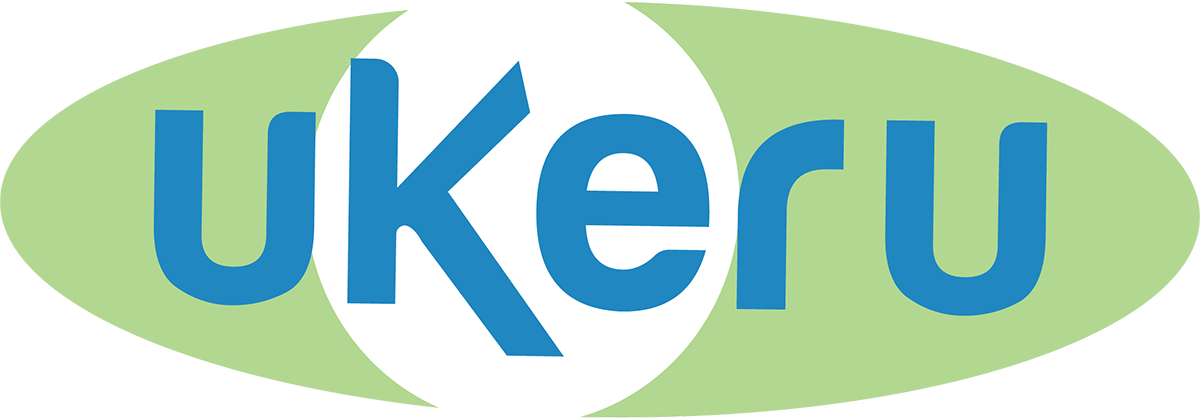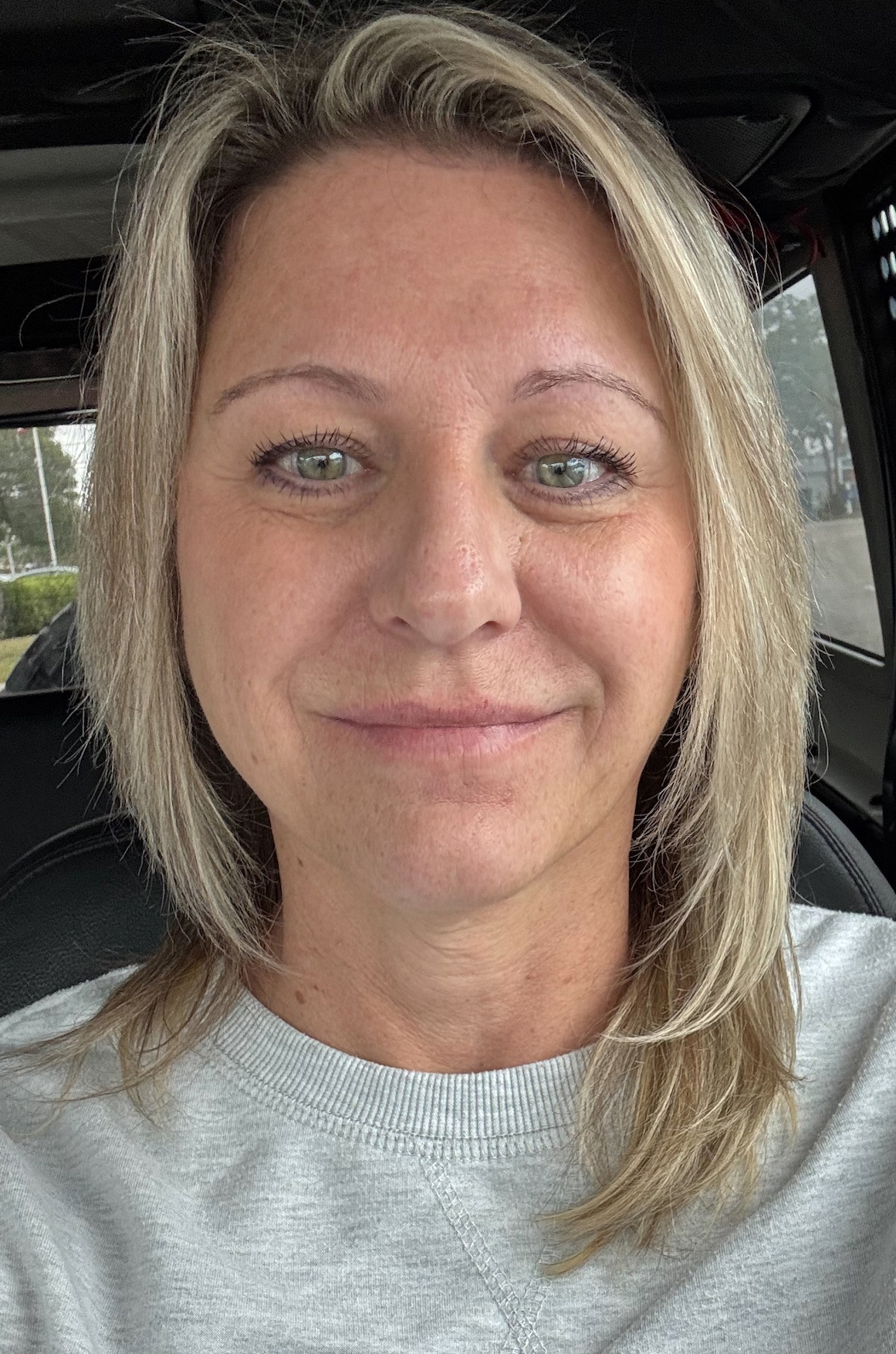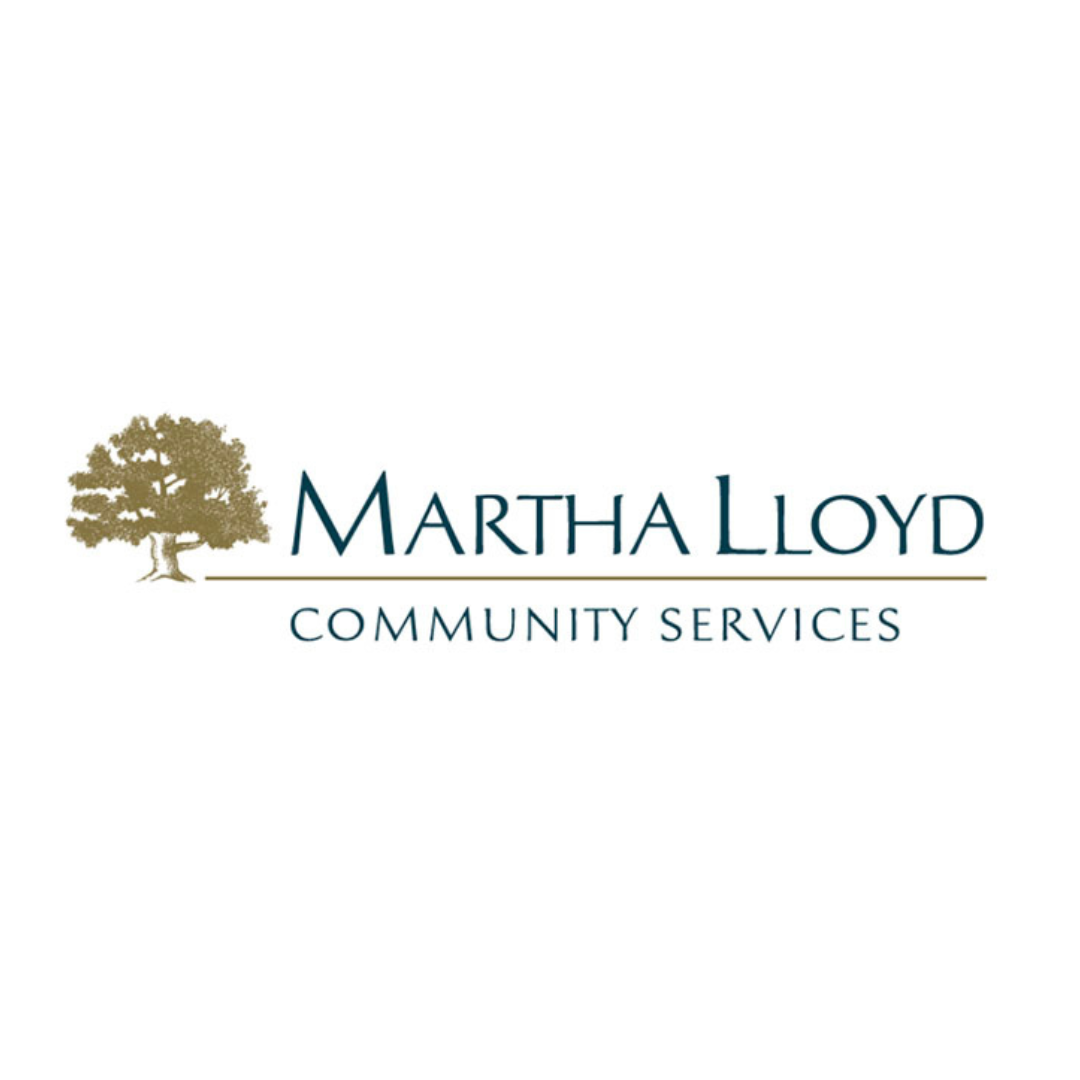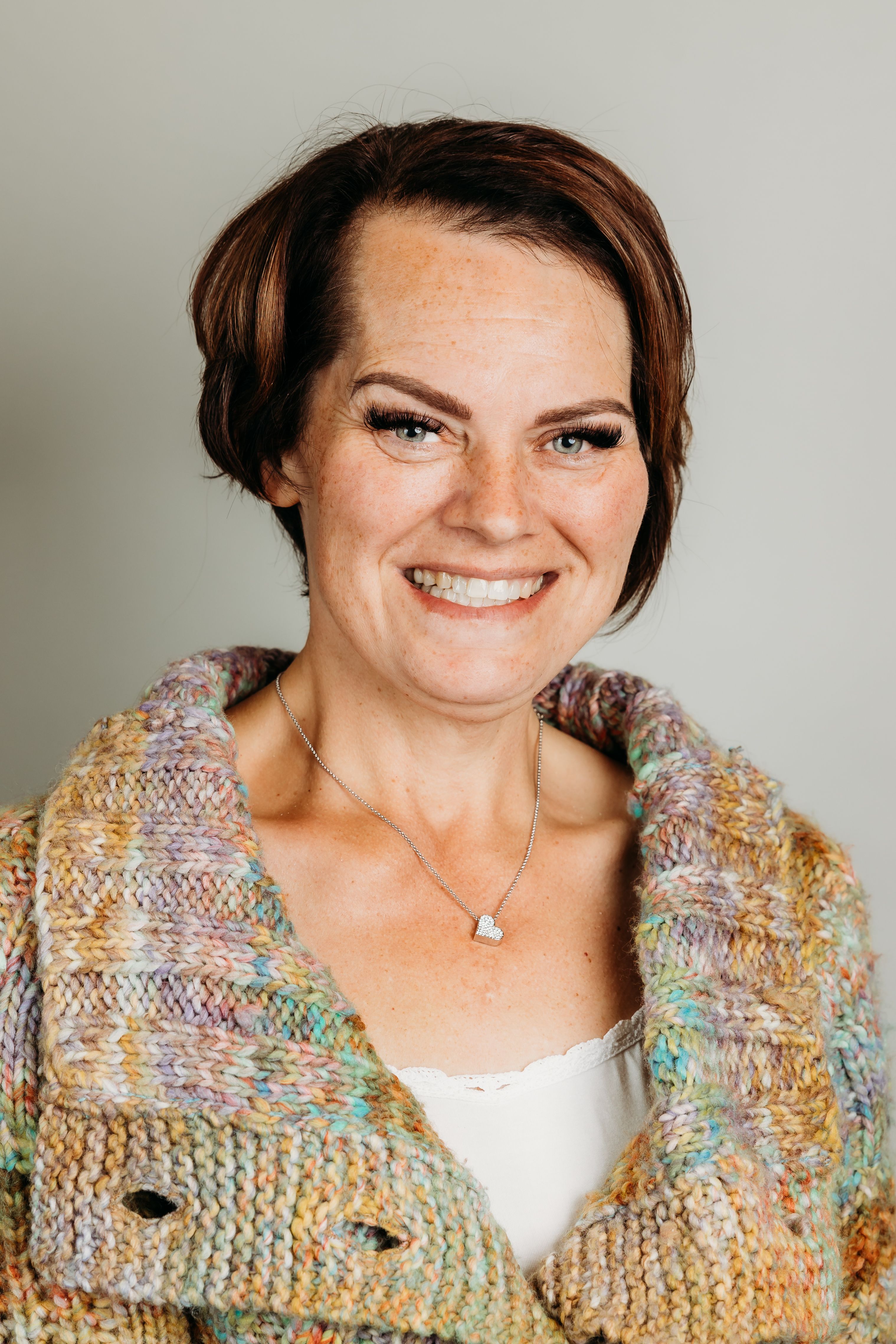
By Anna Washington
The Diagnosis
As a former teacher, having worked in autism rooms and teaching children of all exceptionalities, I have become apt at identifying developmental delays and other diagnoses. When my son started to show signs of autism around 3 years old, I immediately sought the help of a psychologist. When the screener (a survey I filled out about my son’s behavior) came back, I nervously opened the email, not knowing what I’d find and not knowing how its contents might change our lives forever. As I clicked, I read ‘obsessive compulsive disorder’ (OCD). A wave of confusion rolled over me, as I had never had a student with this disorder, and I had NO idea what the symptoms were or how I was going to help my son learn to live with the daily obstacles it would surely bring!
Navigating the Diagnosis
After many talks with a psychologist, along with loads of research- no strange adventure for a mom with a child suffering from a mental health condition, I came to learn a lot about OCD and why I even thought it was autism, as a lot of children with autism also suffer from OCD.
So, what is OCD? In layman’s terms, it’s a non-typical brain chemistry that causes extreme, unwanted, and sometimes unrealistic thoughts, images, and anxieties (obsessions) that manifest in repeated behaviors and/or rituals (compulsions). These rituals aim to calm anxiety or fear. Without them, the brain stays in a constant state of fight or flight. This fight or flight response can cause major panic episodes that result in sometimes uncontrollable tantrum like behavior, especially in younger children. Since starting cognitive behavioral therapy, my son has been able to vocalize his thoughts and feelings. He was able to tell me what it was like having OCD in his own words- his obsessions were a brain itch, and his compulsions were the scratch to relieve it. I finally understood the frustration he was experiencing when he couldn’t “scratch” the itch.
After months of blaming myself and dealing with mom-guilt, I finally moved into solution mode. I found the best ways to handle these panic-like episodes. As Gavin grew, his OCD changed, consistently morphing into new anxieties with new compulsions, which came with a definite learning curve as each new one presented.
Fear
Just as we were figuring it all out, around came the first day of school. For most moms, the first day of school is a happy day. For me, it was filled with excessive worry. Would his teacher know how to handle him? Would she even have time to help alleviate the obsessive thoughts? What if he had a panic episode and started kicking and screaming? I had been in enough situations, having restrained students myself, to know what happens when a child has a physical tantrum in school.
Just Say No to Restraining
According to the CDC, 17% of school-aged children suffer from developmental disabilities with the National Alliance on Mental Health reporting the same numbers for mental health diagnoses. It is also reported that thousands of those students are being physically restrained each year. When a teacher puts their hands on a student, their relationship irrevocably changes. The student begins to see the adult as an authoritarian, and it makes the teaching/learning relationship difficult. Teaching and learning are built on a foundation of trust. When an educator restrains a student, that trust is fractured. The students often feel shame and begin to withdraw, avoiding interactions with the teacher altogether. The Child Welfare League of America supports these claims and outlines the adverse psychological effects of restraining on the educator/caregiver as well. I still remember every situation and student I restrained, and hate that I went from being perceived as a fun P.E. teacher to rigid and demanding.
But what other alternatives are there? We can’t just let students harm property, classmates/staff, or themselves.
Ukeru Makes a Difference
I came across Ukeru by happenstance-assuredly serendipitous. Since then, I have become a fierce advocate for its use. Imagine all staff in a school being trained to de-escalate a panic episode instead of putting a child in a physical hold!
Ukeru is a restraint-free crisis intervention training that does just that! Their system is comprised of practical methods based on comprehensive research with specialized tools and hands-on training. I have seen the training in action, and it is impressive to watch how straightforward and easy to use the equipment is. Ukeru has helped many school systems across the U.S. reduce their number of restraints and seclusions, with some districts having eradicated them completely.
As a parent who desperately wants her child to be understood by everyone, and as a teacher who knows not everyone will, Ukeru put my mind at ease. If every school across the world implemented the Ukeru system, millions of parents with children suffering from mental health disorders and developmental delays could collectively breathe a sigh of relief knowing their children were safe and comfortable in their classrooms.




